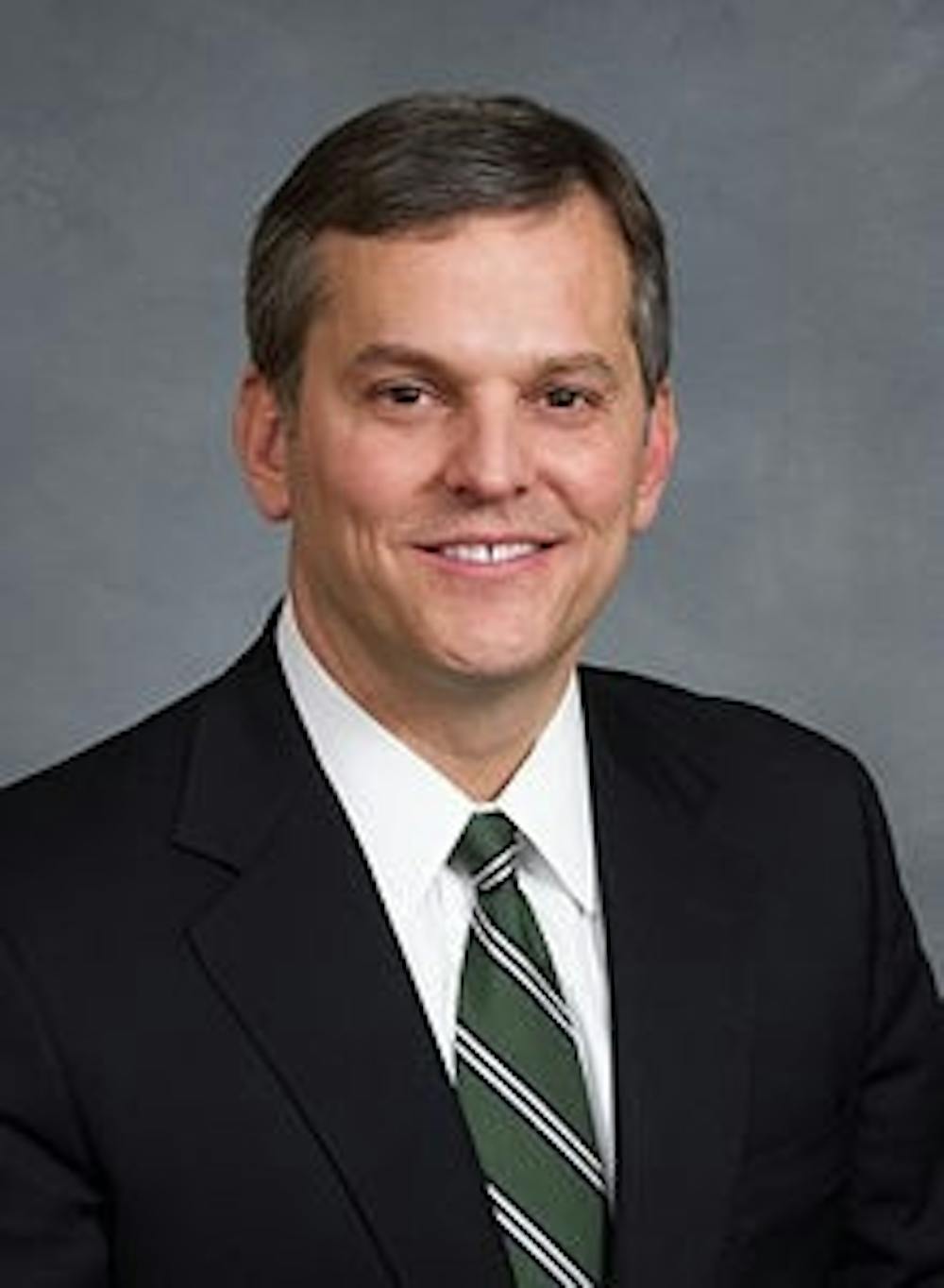NC Attorney General Joshua Stein addressed the opioid epidemic in North Carolina at Wednesday's North Carolina Local Health Director’s Conference, held at the UNC School of Government.
This presentation came a few weeks after Gov. Roy Cooper announced a $31 million dollar grant dedicated to
“This grant will help further our commitment to fight this epidemic that is destroying families and lives across our state," Cooper said in a statement. "This is a problem we must solve for the safety and well-being of our citizens. Our families, friends and neighbors need our help.”
Stein said North Carolina needed to focus on prevention to more efficiently solve the opioid epidemic in the future.
“But it can't be our only focus because there are hundreds of thousands of people in our state suffering from some sort of substance abuse disorder, but only one out of ten of those people got any form of treatment last year," he said.
Anna Stein, an overdose prevention legal specialist and Joshua Stein’s wife, said that Naloxone, a prescription drug that treats narcotic overdoses, needed to be more readily accessible. A proposed amendment to the Strengthen Opioid Misuse Prevention (STOP) Act would broaden the usage of naloxone in North Carolina.
“So basically, the new Naloxone legislation says that any organization — and this says including the local health departments, so you are explicitly named in there — are allowed to get a standing order from a practitioner to allow you to distribute naloxone, through your agents, so that's a very broad word,” Anna Stein said while addressing the local public health officials at the conference.
The legislation is meant to be broad, to include more health department authorities to utilize Naloxone when needed. The new provision will go into effect July 1st if it is passed through the North Carolina General Assembly.
The N.C. General Assembly initially gave naloxone a standing order in 2016, which authorized in pharmacist practicing in the state and licensed by the N.C. Board of Pharmacy to give Naloxone to those who have a narcotic overdose attack or to family and friends of an addict who might experience an overdose.




